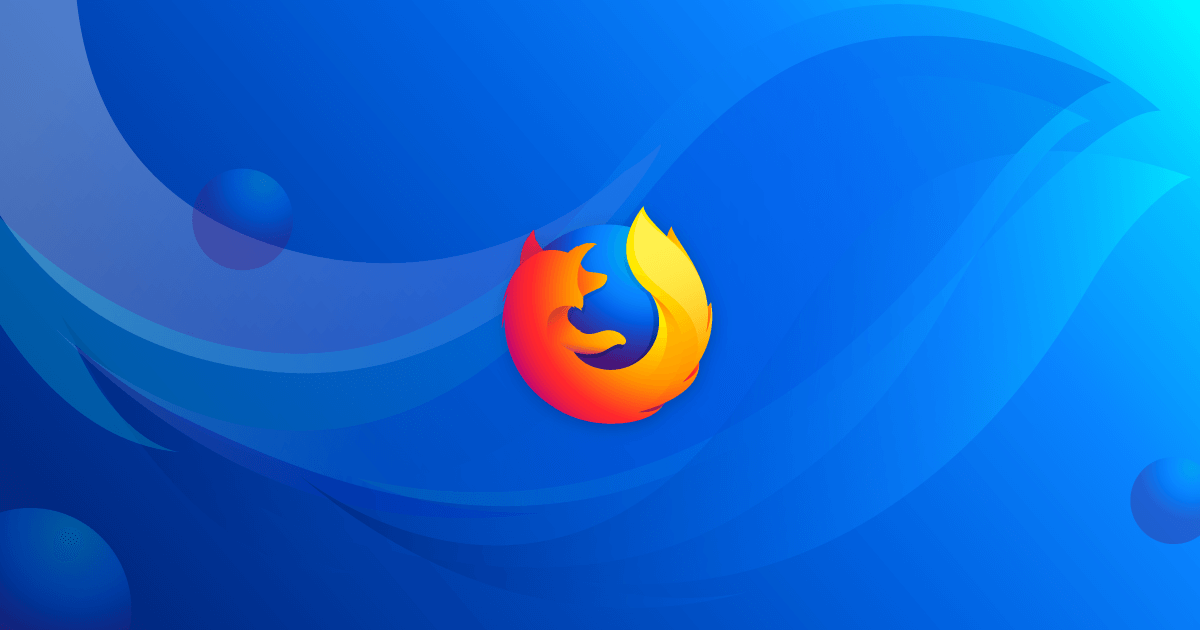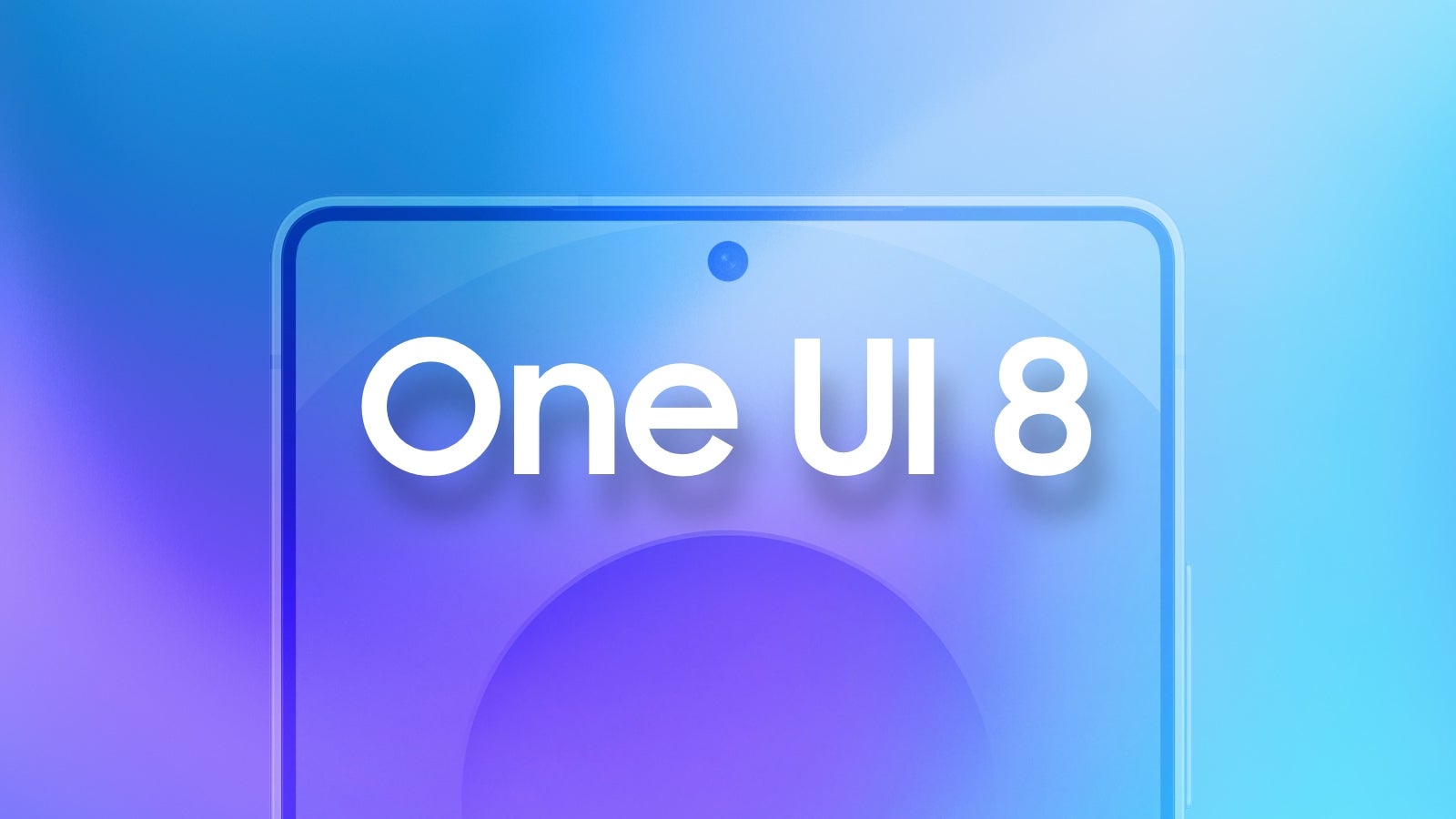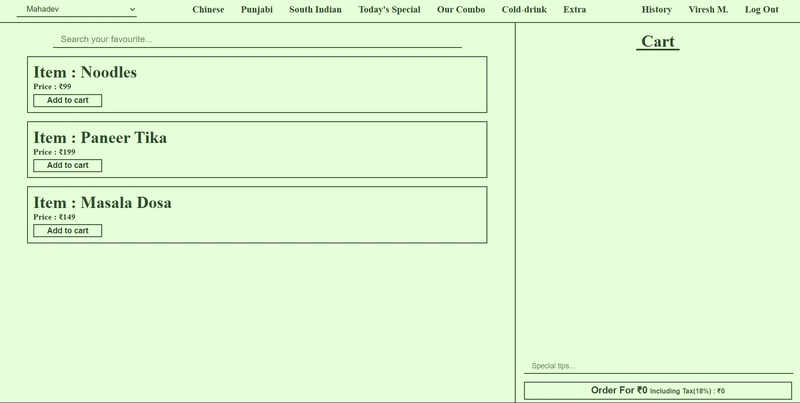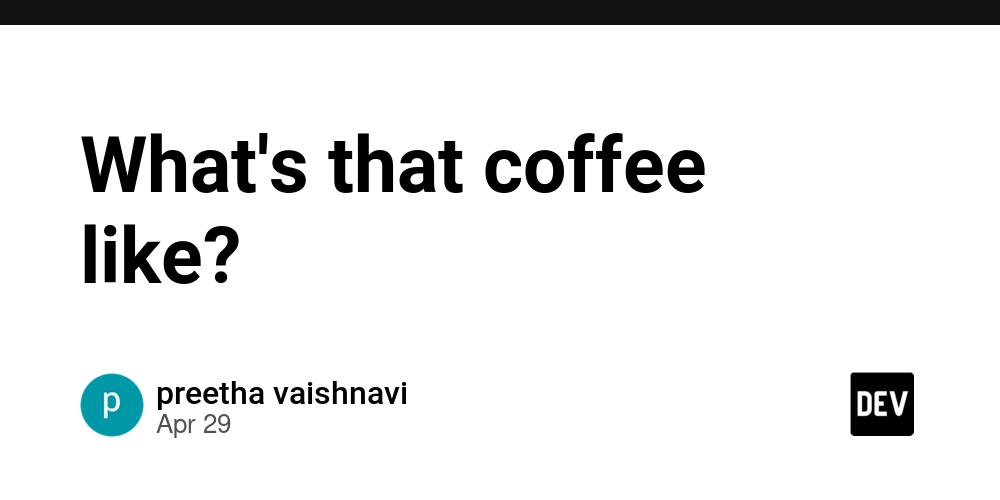GitHub Sponsors: Navigating Privacy and Security
Abstract This post delves into GitHub Sponsors, a platform designed to financially support developers while addressing crucial privacy and security concerns. We explore the background of GitHub Sponsors, its core features, ethical and technical challenges, and prospects for future innovation. We integrate insights from related open-source funding models, cybersecurity principles, and policy guidelines, complemented by tables and bullet lists. Additionally, we provide curated links to GitHub’s privacy statement, ethical software development practices, and alternative funding platforms—all within a format optimized for human readers and search engine crawlers. Introduction GitHub Sponsors emerged in 2019 as an initiative aimed at improving sustainability in open-source projects by allowing monetary support for developers. As a platform that overlaps with services like Patreon and Kickstarter, GitHub Sponsors not only helps drive community funding but also raises important questions about privacy, data security, and transparency. These concerns are especially significant in a digital ecosystem where personal and financial information is at stake. This blog post is designed for both technical experts and general readers interested in understanding the challenges and innovations in funding open-source software while enhancing privacy and security. We’ll discuss key aspects of GitHub Sponsors, compare it with other platforms, and outline strategies for maintaining a balanced ecosystem. Background and Context Open source and collaborative development have long been at the heart of technological innovation. GitHub, as a leading code-sharing platform, has now expanded its reach by introducing a mechanism for direct financial support. The launch of GitHub Sponsors has revolutionized how developers receive compensation, bridging the gap between creative work and the financial support needed to sustain it. In the backdrop of growing cybersecurity threats and data breaches, these funding mechanisms must adhere to strict global standards. GitHub Sponsors adheres to comprehensive privacy frameworks, including the GDPR, and uses advanced security strategies such as encryption and multi-factor authentication. As the community debates ethical data management strategies and user transparency, platforms are also exploring alternatives such as fair code and tokenization for open-source funding. For additional perspective on data management and ethics in open source, consider the insights provided in Ethical Software Development. Core Concepts and Features GitHub Sponsors is designed to support developers by providing a clear and structured platform for sponsorship. In addition to its primary function of funding open-source projects, it offers several important features aimed at optimizing both user experience and security. Key Features Include: Tiered Sponsorship Plans: Developers can set different levels of contributions, offering rewards tailored to sponsor interest. Centralized Payment Processing: GitHub handles all financial transactions, ensuring secure processing and compliance with global payment standards. Data Protection and Privacy: In line with its privacy policies, the platform secures personal and financial data using state-of-the-art encryption technologies. Customizable Visibility Options: Users can choose to reveal or hide their sponsorship details, preserving their anonymity if desired. Transparency and Ethical Data Use: GitHub provides clear documentation on how data is used, adhering to protocols that foster community trust. Below is a table summarizing some of these features alongside their privacy and security implications: Feature Description Privacy/Security Highlight Tiered Sponsorship Customizable reward levels for different sponsor amounts Incentivizes support while offering choice over public recognition Payment Processing Centralized handling of transactions Encrypted transactions and compliance with financial regulations Visibility Controls Options to display or hide sponsorship details Enhances privacy by allowing users to control personal data exposure Data Collection and Management Collection of personal and transactional records Adheres to GDPR and global privacy standards with robust encryption Ethical Transparency Open disclosure of data usage and sponsorship processes Builds community trust through clear and ethical data practices Integration with Related Platforms GitHub Sponsors shares similarities with other funding platforms, yet it maintains unique aspects given its integration with the GitHub ecosystem. For instance, while Patreon is well known for creative projects, GitHub Sponsors is specifically tailored to software development. Comparisons can be drawn from studies like GitHub Sponsors vs Patreon, which provide helpful insights on revenue models and privacy approaches. Additional key

Abstract
This post delves into GitHub Sponsors, a platform designed to financially support developers while addressing crucial privacy and security concerns. We explore the background of GitHub Sponsors, its core features, ethical and technical challenges, and prospects for future innovation. We integrate insights from related open-source funding models, cybersecurity principles, and policy guidelines, complemented by tables and bullet lists. Additionally, we provide curated links to GitHub’s privacy statement, ethical software development practices, and alternative funding platforms—all within a format optimized for human readers and search engine crawlers.
Introduction
GitHub Sponsors emerged in 2019 as an initiative aimed at improving sustainability in open-source projects by allowing monetary support for developers. As a platform that overlaps with services like Patreon and Kickstarter, GitHub Sponsors not only helps drive community funding but also raises important questions about privacy, data security, and transparency. These concerns are especially significant in a digital ecosystem where personal and financial information is at stake.
This blog post is designed for both technical experts and general readers interested in understanding the challenges and innovations in funding open-source software while enhancing privacy and security. We’ll discuss key aspects of GitHub Sponsors, compare it with other platforms, and outline strategies for maintaining a balanced ecosystem.
Background and Context
Open source and collaborative development have long been at the heart of technological innovation. GitHub, as a leading code-sharing platform, has now expanded its reach by introducing a mechanism for direct financial support. The launch of GitHub Sponsors has revolutionized how developers receive compensation, bridging the gap between creative work and the financial support needed to sustain it.
In the backdrop of growing cybersecurity threats and data breaches, these funding mechanisms must adhere to strict global standards. GitHub Sponsors adheres to comprehensive privacy frameworks, including the GDPR, and uses advanced security strategies such as encryption and multi-factor authentication. As the community debates ethical data management strategies and user transparency, platforms are also exploring alternatives such as fair code and tokenization for open-source funding. For additional perspective on data management and ethics in open source, consider the insights provided in Ethical Software Development.
Core Concepts and Features
GitHub Sponsors is designed to support developers by providing a clear and structured platform for sponsorship. In addition to its primary function of funding open-source projects, it offers several important features aimed at optimizing both user experience and security.
Key Features Include:
- Tiered Sponsorship Plans: Developers can set different levels of contributions, offering rewards tailored to sponsor interest.
- Centralized Payment Processing: GitHub handles all financial transactions, ensuring secure processing and compliance with global payment standards.
- Data Protection and Privacy: In line with its privacy policies, the platform secures personal and financial data using state-of-the-art encryption technologies.
- Customizable Visibility Options: Users can choose to reveal or hide their sponsorship details, preserving their anonymity if desired.
- Transparency and Ethical Data Use: GitHub provides clear documentation on how data is used, adhering to protocols that foster community trust.
Below is a table summarizing some of these features alongside their privacy and security implications:
| Feature | Description | Privacy/Security Highlight |
|---|---|---|
| Tiered Sponsorship | Customizable reward levels for different sponsor amounts | Incentivizes support while offering choice over public recognition |
| Payment Processing | Centralized handling of transactions | Encrypted transactions and compliance with financial regulations |
| Visibility Controls | Options to display or hide sponsorship details | Enhances privacy by allowing users to control personal data exposure |
| Data Collection and Management | Collection of personal and transactional records | Adheres to GDPR and global privacy standards with robust encryption |
| Ethical Transparency | Open disclosure of data usage and sponsorship processes | Builds community trust through clear and ethical data practices |
Integration with Related Platforms
GitHub Sponsors shares similarities with other funding platforms, yet it maintains unique aspects given its integration with the GitHub ecosystem. For instance, while Patreon is well known for creative projects, GitHub Sponsors is specifically tailored to software development. Comparisons can be drawn from studies like GitHub Sponsors vs Patreon, which provide helpful insights on revenue models and privacy approaches.
Additional keywords used throughout this article include open source funding, financial independence for developers, cybersecurity, data protection, and developer sustainability.
Applications and Use Cases
GitHub Sponsors is transforming the funding landscape in several critical ways. Let’s explore a few practical examples:
Case Study 1: Sustaining Indie Development Projects
Indie developers working on innovative open-source software can use GitHub Sponsors to secure a steady stream of financial backing. This funding helps cover operational expenses and enables the development of new features, ensuring continuous improvement and long-term project stability.Case Study 2: Corporate Investments in Open Source
Large organizations employing GitHub Sponsors can support key maintainers whose projects are crucial to business operations. This model not only strengthens the open-source ecosystem but also reinforces corporate responsibility towards technological innovation. For more on ethical funding, refer to Ethical Funding Methods.Case Study 3: Enhancing Community Engagement
Open-source communities benefit from transparent sponsorship processes. With customizable visibility options, both sponsors and developers can manage their profiles to control public recognition and data sharing. This balance between transparency and privacy builds a stronger sense of trust and collaboration among stakeholders.
Benefits for Developers and Community
Some key benefits are:
- Sustainable Funding: Regular monetary support helps stabilize independent projects.
- Enhanced Security: Robust encryption and data protection protocols safeguard sensitive information.
- Community Trust: Ethical practices in handling data foster a transparent ecosystem.
- User Autonomy: Options to manage data exposure empower both sponsors and developers.
Challenges and Limitations
While GitHub Sponsors introduces significant benefits, there are ongoing challenges to address:
Data Collection and Privacy Concerns:
The platform requires personal details, transactional records, and financial information. Although GitHub applies stringent security measures, any centralized system inherently carries some risk of data breaches. Continuous evaluation and updating of security protocols are essential.Balancing Transparency and Anonymity:
While public acknowledgment of sponsors can enhance community recognition, it may also expose sponsors to unwanted attention. The delicate balance between public transparency and individual privacy remains a topic for ongoing community debate.Adoption and Integration Complexities:
Integrating GitHub Sponsors into the workflows of open-source projects requires additional management overhead. Developers and organizations may need to adopt new practices to maximize the benefits while mitigating privacy risks.
Moreover, in some regions, financial transactions may require compliance with distinct local regulations, adding further complexity.Cybersecurity Vulnerabilities:
Despite advanced encryption and security protocols, platforms hosting valuable financial and personal data may attract cyberattacks. Ensuring that third-party payment processors and secure authentication methods are consistently updated is a persistent challenge.Scalability:
As more developers join GitHub Sponsors, ensuring that the system scales without compromising security or performance is critical. This necessitates ongoing technical innovation and infrastructure investment.
Here is a bullet list of the primary challenges:
- Data privacy and security vulnerabilities
- Balancing public recognition versus privacy
- Compliance with regional financial regulations
- Integration into existing development workflows
- Scalability of security infrastructure
For further reading on the technical aspects of cybersecurity in open-source platforms, refer to articles discussing GitHub Sponsors and Privacy.
Future Outlook and Innovations
Looking forward, GitHub Sponsors is poised for significant evolution. The interaction between financial sustainability and open source funding will likely drive innovative features:
Predicted Trends:
Increased Integration with Blockchain:
Several discussions point toward tokenization of open-source projects, enabling even greater transparency and immutable transaction records. For insight into similar trends, check the article on Sustainability of Open Source Through Tokenization.Advanced Privacy Technologies:
Technologies such as zero-knowledge proofs and improved encryption methods promise enhanced security for sensitive data. This trend will help create a seamless yet secure environment for both developers and sponsors.AI and Data Analytics:
Future advancements may include the use of AI to predict funding trends, optimize sponsorship tiers, and provide deeper insights into financial flows and community engagement. Using AI for anomaly detection can further secure the platform against fraudulent activities.Enhanced User Interface and Customization:
As the community grows, developers will benefit from further customizability—both in terms of interface control and data management. User-friendly dashboards may allow sponsors to analyze their contributions' impact more effectively, while developers can better manage sponsorship visibility and receipt of funds.Interoperability with Other Funding Platforms:
Collaboration with platforms like GitHub Sponsors vs Patreon demonstrates the potential for a more unified approach to open-source funding. Future innovations might see the integration of multiple funding sources into a single cohesive ecosystem.
A sample table predicting potential future enhancements:
| Future Trend | Expected Benefits |
|---|---|
| Blockchain Integration | Immutable data records, enhanced transparency, reduced fraud risks |
| AI-Powered Analytics | Improved funding predictions, personalized sponsorship recommendations |
| Enhanced Customizability | User-controlled privacy settings and dashboard analytics |
| Interoperable Funding Ecosystems | Streamlined management of multiple funding sources across platforms |
Summary
GitHub Sponsors represents a landmark shift in open-source sustainability, merging innovative funding mechanisms with robust privacy and security measures. This platform empowers developers by offering tailored sponsorship models, centralized payment processing, and customizable visibility settings that protect personal data.
While challenges persist—such as data privacy vulnerabilities and the need to balance transparency with anonymity—the future is promising. Advances in blockchain, AI, and enhanced user customization all point toward a more secure and integrated ecosystem for open-source funding.
As the community adapts, ongoing dialogue and iterative improvements are essential. By leveraging ethical practices and technological innovations, GitHub Sponsors can provide a framework that not only advances software development but also upholds high standards of cybersecurity and privacy.
For further insights on how GitHub Sponsors is reshaping open source, check out the original article on GitHub Sponsors and Privacy. Additionally, you may find value in exploring related discussions within the developer community, such as Unlocking the Potential of GitHub Sponsors for Developers and Compensating Open Source Maintainers: A Necessary Shift.
Additional Resources
For readers looking to enhance their understanding of open source funding and privacy:
- Visit GitHub Sponsors to see firsthand how the platform works.
- Learn more about data protection through the GitHub Privacy Statement.
- Explore ethical considerations on Ethical Software Development.
- Compare funding models with GitHub Sponsors vs Patreon.
Final Thoughts
By embracing secure, transparent, and innovative funding options, the open-source ecosystem can ensure that creative projects receive the support they need without compromising user privacy. GitHub Sponsors is at the forefront of this transformation, setting a precedent for future initiatives aimed at balancing financial sustainability with ethical data practices and enhanced cybersecurity.
In a world where technology and finance converge, the ability to adapt to both new standards of privacy and emerging trends is crucial. With continuous community feedback and dedicated improvements, platforms like GitHub Sponsors will continue to empower developers while safeguarding their most sensitive data.
Embrace the future of open source funding and join the dialogue on how ethical practices can drive innovation and sustain digital communities.





































































































































































![[The AI Show Episode 145]: OpenAI Releases o3 and o4-mini, AI Is Causing “Quiet Layoffs,” Executive Order on Youth AI Education & GPT-4o’s Controversial Update](https://www.marketingaiinstitute.com/hubfs/ep%20145%20cover.png)




























































































































![[FREE EBOOKS] Learn Computer Forensics — 2nd edition, AI and Business Rule Engines for Excel Power Users & Four More Best Selling Titles](https://www.javacodegeeks.com/wp-content/uploads/2012/12/jcg-logo.jpg)





![From Art School Drop-out to Microsoft Engineer with Shashi Lo [Podcast #170]](https://cdn.hashnode.com/res/hashnode/image/upload/v1746203291209/439bf16b-c820-4fe8-b69e-94d80533b2df.png?#)






































































































(1).jpg?#)
































_Inge_Johnsson-Alamy.jpg?width=1280&auto=webp&quality=80&disable=upscale#)











































































































![Apple to Split iPhone Launches Across Fall and Spring in Major Shakeup [Report]](https://www.iclarified.com/images/news/97211/97211/97211-640.jpg)
![Apple to Move Camera to Top Left, Hide Face ID Under Display in iPhone 18 Pro Redesign [Report]](https://www.iclarified.com/images/news/97212/97212/97212-640.jpg)
![Apple Developing Battery Case for iPhone 17 Air Amid Battery Life Concerns [Report]](https://www.iclarified.com/images/news/97208/97208/97208-640.jpg)
![AirPods 4 On Sale for $99 [Lowest Price Ever]](https://www.iclarified.com/images/news/97206/97206/97206-640.jpg)
































![[Updated] Samsung’s 65-inch 4K Smart TV Just Crashed to $299 — That’s Cheaper Than an iPad](https://www.androidheadlines.com/wp-content/uploads/2025/05/samsung-du7200.jpg)



































































